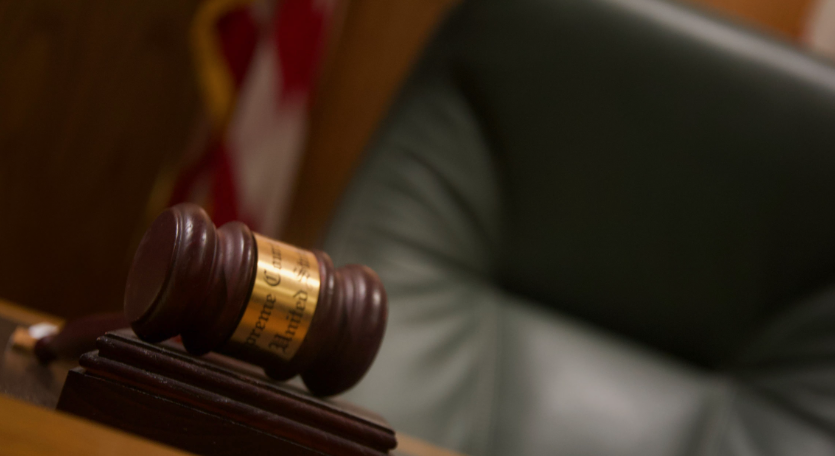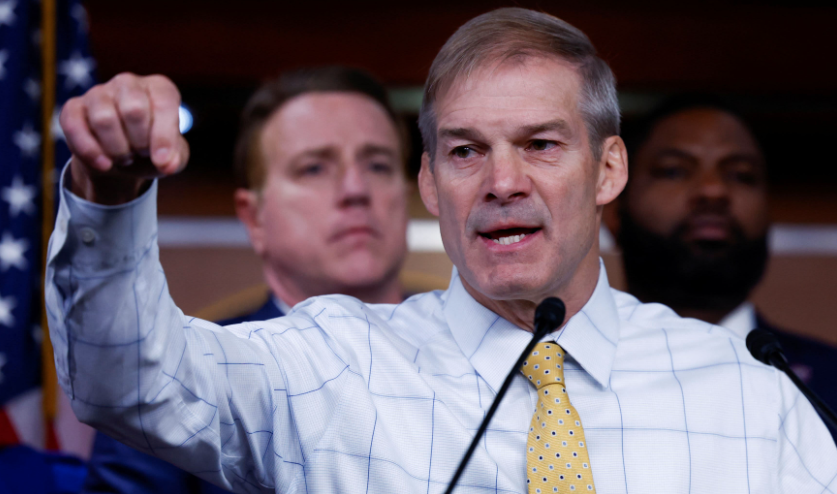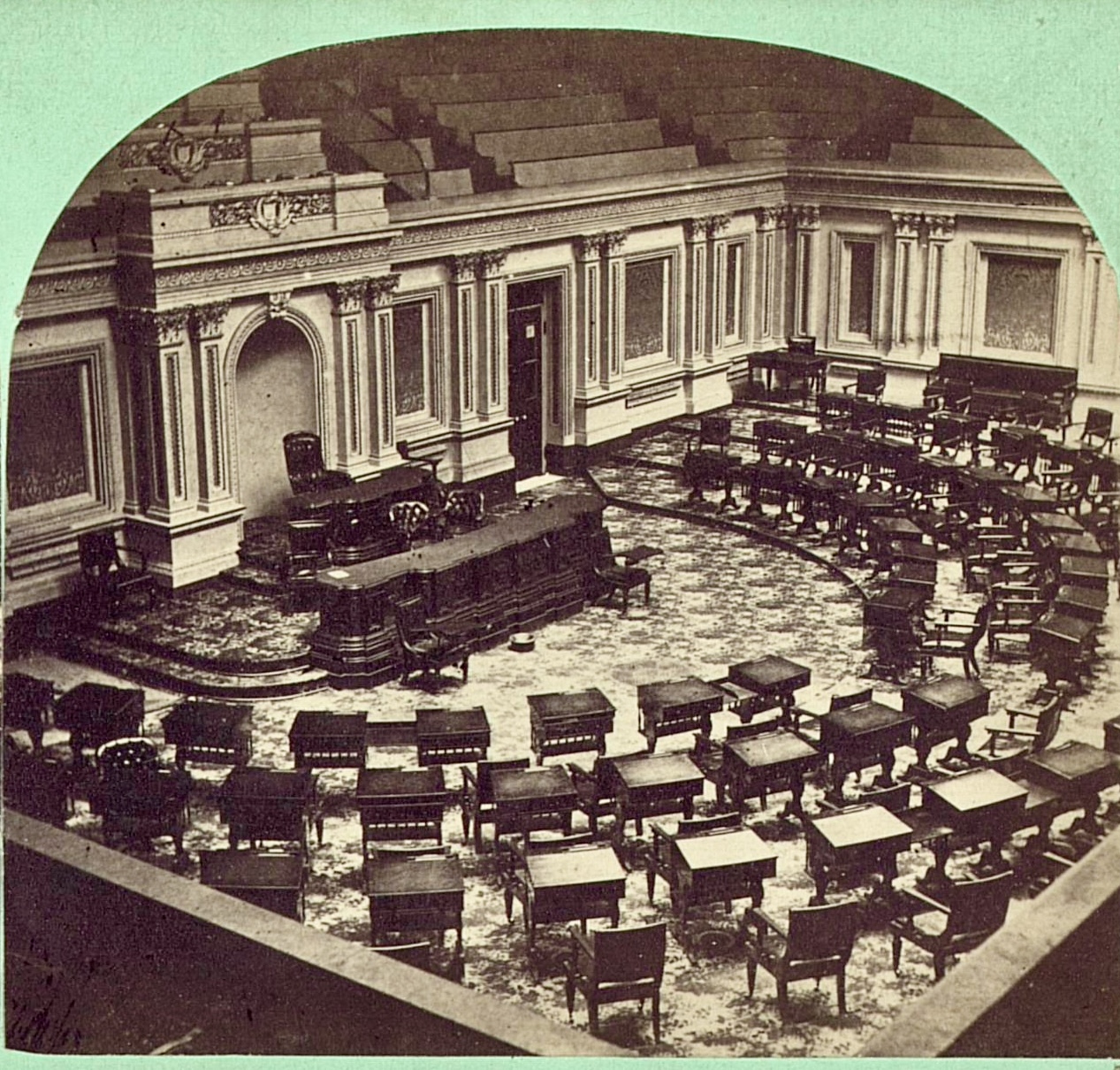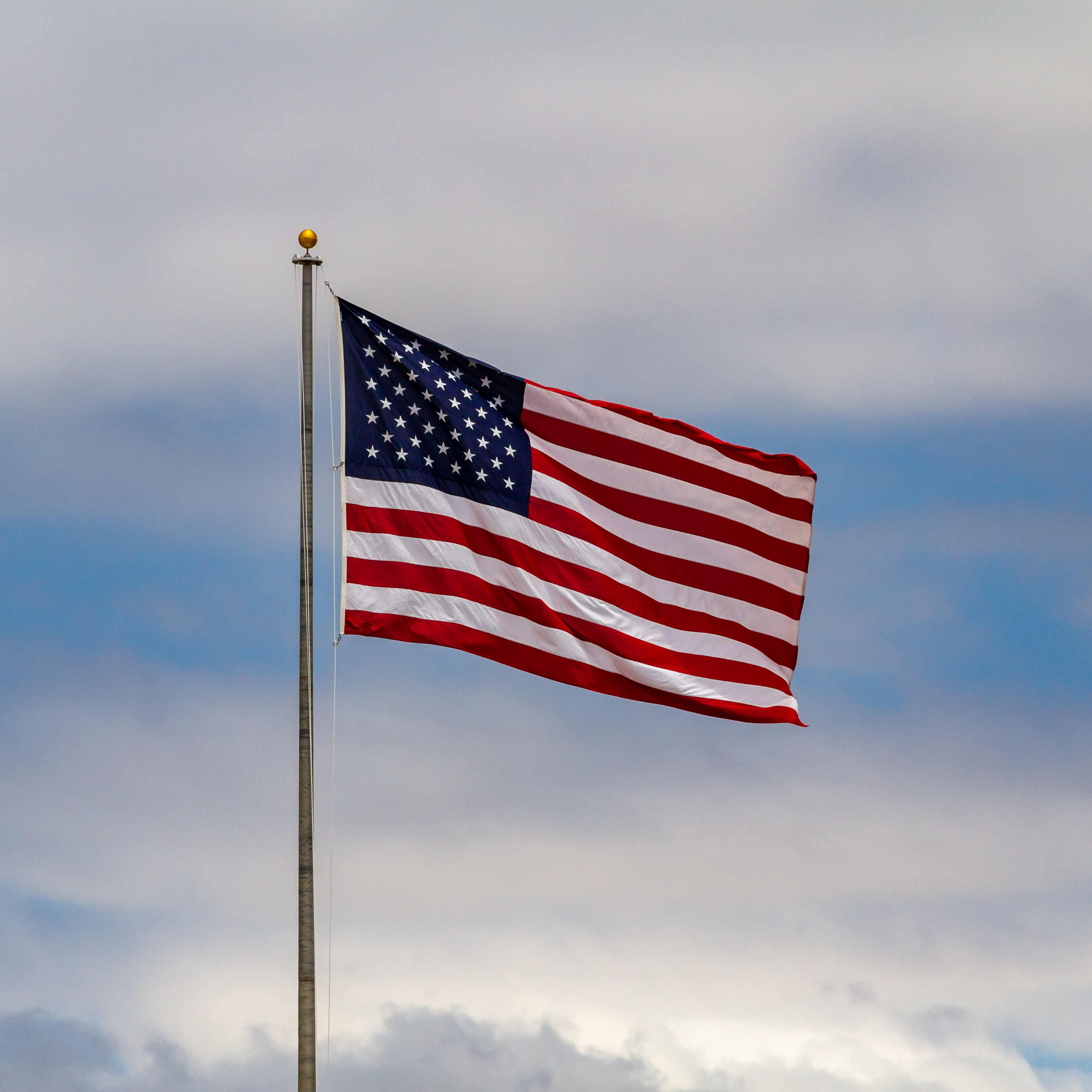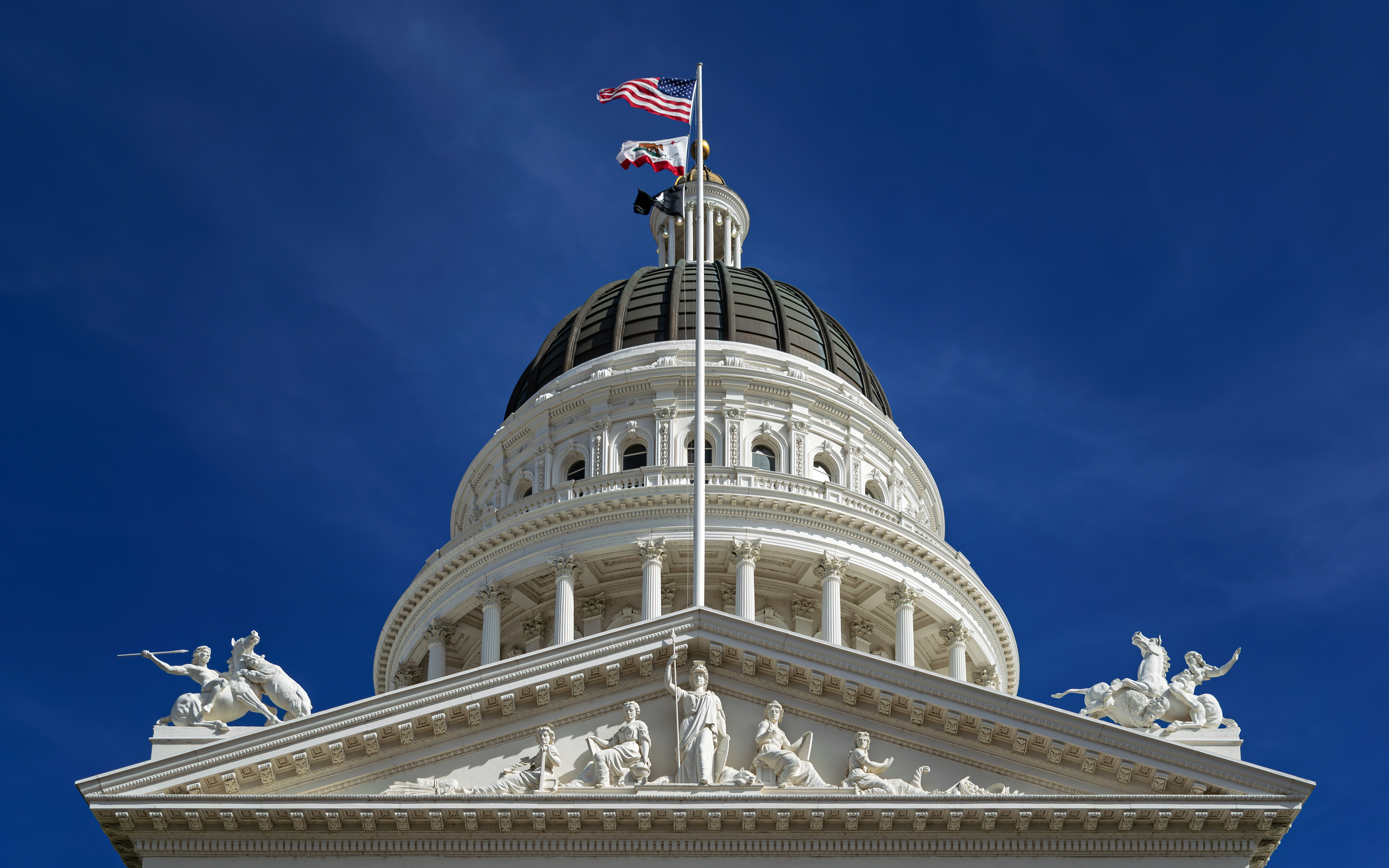A federal appeals court on Monday struck down an Oregon law that barred people from secretly recording conversations without the consent of all parties.
In a 2-to-1 decision, a panel of the United States Court of Appeals for the Ninth Circuit ruled that the law violated the First Amendment’s free speech protections. The ruling was a victory for Project Veritas, a conservative group that conducts undercover investigations, which had challenged the law.
The law prohibited recording or disclosing private conversations without first informing anyone else present. It included exceptions allowing secret recordings that captured felonies endangering human life or law enforcement activity.
Project Veritas argued that the law infringed on its efforts to conduct undercover journalism and on the public’s right to receive information from such reporting. The group is known for releasing secret recordings that expose radical Marxists and radical left-leaning groups.
In the majority opinion, Judge Sandra S. Ikuta wrote that the law improperly restricted speech based on its content and subject matter. She rejected the notion that the state had a compelling interest in protecting people’s conversational privacy in public or semi-public places.
“In general, the government does not have a compelling interest in protecting individual privacy against unwanted communications (including the ‘speech’ comprised of recording others) in areas open to the public unless the audience’s ‘substantial privacy interests are being invaded in an essentially intolerable manner,’” Judge Ikuta wrote.
She said the law was overly broad, amounting to “an absolute prohibition on a particular type of expression” — namely, creating audiovisual recordings without notice. The alternatives it offered, like recording with notice or relying on written accounts, were inadequate substitutes, she wrote.
In a dissent, Judge Morgan Christen argued that the law should have been upheld. She wrote that states had significant interests in protecting people’s reasonable expectations of privacy for conversations in public. And she said the law provided alternative channels for groups like Project Veritas to conduct investigative journalism, even if they were not perfect.
“Project Veritas retains ample alternative means of engaging in investigative journalism and expressing its message,” Judge Christen wrote. “It can employ all the tools of traditional investigative reporting.”
Hopefully the ruling is a victory for Project Veritas that’s not short-lived. The Oregon Supreme Court is currently reviewing another law similar to the one at issue in this case. And the state or federal government could appeal the Ninth Circuit’s ruling to the Supreme Court.
Benjamin Barr, a lawyer for Project Veritas, said in an interview: “This is a huge victory for undercover journalism and the First Amendment. The ability to record and disseminate what public officials and public figures say in public is essential to journalism.”
